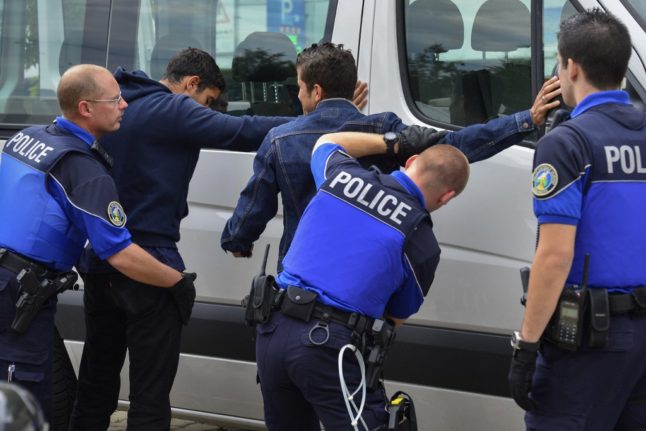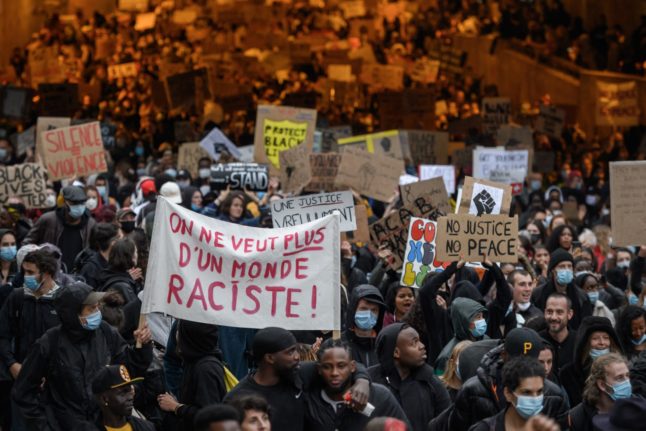Zurich police will have to distribute a receipt to people who are stopped for an identity check, the municipal council has ruled.
The receipt is a document containing not only acknowledgement of the ‘stop and check’, but also information about the legal rights of the person being checked.
Its goal is to reduce arbitrary checks and, with it, racial profiling.
Racial profiling is when race or ethnicity are used as grounds for suspecting someone of having committed an offence.
The receipt will also help authorities to investigate cases of accusations of racial profiling and to probe whether an officer is disproportionately targeting foreigners.
Though some on the Council feared the new system would result in an administrative overload and would create hesitation on the part of officers to carry out checks for fear of being accused of being racist, the majority saw this measure as a step in the right direction.
While this system is widely used in other countries, it is the first measure of its kind in Switzerland, though at least one other city – Lausanne – has vowed to adopt it as well.
The proposal was submitted to Zurich City Council by Social Democrat Party (SP) politician Reis Luzhnica, who said he experienced racial profiling when he was younger.
The 32-year-old, who has Albanian roots, told the meeting earlier this week that he was stopped by police several times as a child. He said he was often out with his friends at the time, but was the only one subject to checks, the Tages Anzeiger reported.
Municipal councillor Mountazar Jaffar in Lausanne filed a motion this week seeking to follow Zurich’s example.
“At each routine identity check, at each arrest, the agents have the obligation to draw up a report. The police officer and the person arrested receive a copy of a document in which the duration of the check, its reason, the sex, age, and nationality, but not the ethnic origin of the individual are recorded,” he said.
It means that race or ethnic background cannot be a reason recorded by police for the check.
Are Swiss police ‘guilty’ of racial profiling?
The UN Rights Council reported in October that Switzerland has “systematic” racism issues. This was the conclusion of a 2019 Swiss study as well, which noted that “dark-skinned young men are the most targeted group”.
This finding was disputed by the Swiss Federation of Police Officers, which said that while “individual cases” of racial profiling could happen, this is not a “systematic occurrence”.
Interestingly enough, even the Swiss government doesn’t deny that the country does have a history of discrimination against foreigners.
In a document titled “Which foreigners face the most discrimination?”, the Federal Department of Home Affairs (FDHA) admits an “aversion to particular groups of foreigners” prevailed in Switzerland in the past.
“Until the 1970s, it was the Italians who personified the idea of foreigners that were to be excluded and rejected… around the mid-1980s, it was the Tamils who were denigrated as drug dealers and terrorists and considered impossible to integrate,” the document states.
In the 1990s, “Kosovo Albanians were met with general hostility”.
The FDHA also acknowledges lingering xenophobia against the Muslim community, Jews, Black people, and Roma people.
It notes, however, that foreign communities “are now considered to be well integrated and part of the fabric of society”.
READ MORE: Racism in Switzerland: ‘People of colour are automatically perceived as foreigners’



 Please whitelist us to continue reading.
Please whitelist us to continue reading.
Member comments